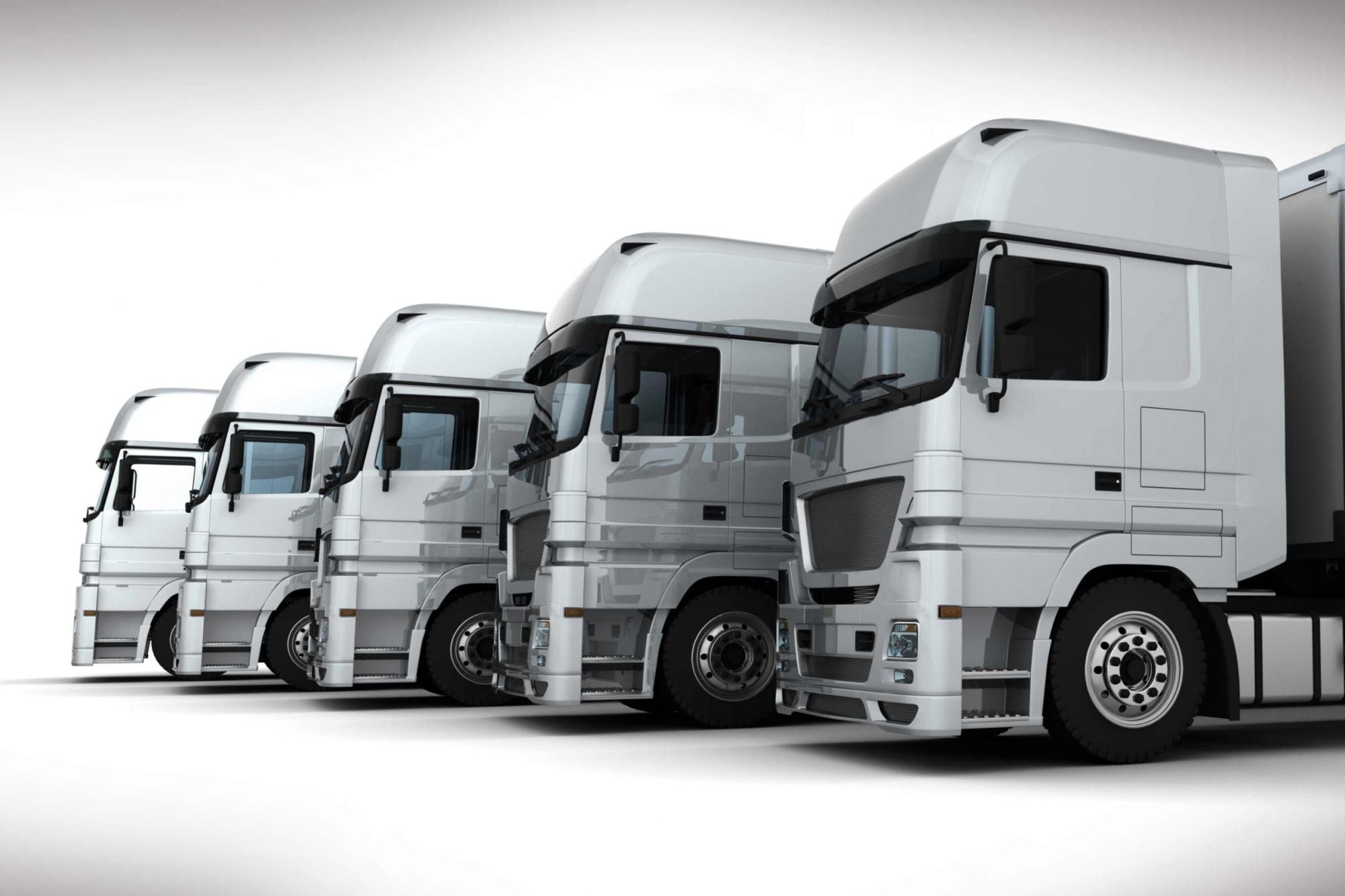Café del Sol's Growth Strategies The Café del Sol brand has enjoyed steady growth over the last ten years - from a single store in Olivedale a decade ago to three busy and highly-regarded restaurants today. Entrepreneur spoke to the three founders about their approach to growth while maintaining superior quality.
Opinions expressed by Entrepreneur contributors are their own.
You're reading Entrepreneur South Africa, an international franchise of Entrepreneur Media.

Vital Stats
- Players: Chiara Viljoen, Ryan Viljoen and Luciana Traccani
- Company: Café del Sol
- Contact: cafedelsol.co.za
Café del Sol has seen steady growth, but it hasn't enjoyed the sort of rapid expansion we're used to in this age of franchising and hyper-scaling. Ten years ago, the founders had one restaurant — today they have three. But this relatively slow expansion of the brand has been intentional. The founders have eschewed franchising in favour of a very different growth model.
What has been your approach to growth?
Chiara Viljoen: We've self-funded every restaurant, which hasn't been easy. We couldn't expand quickly, and it put pressure on our cash flow, but it gave us total control. We never intended Café del Sol to become a large franchise.
We wanted it to have an intimate feel, and we wanted a focus on food quality and hospitality. We also always said that the maximum number of restaurants we'd open was three. There are three of us, so with three restaurants someone can always keep an eye on every store. By limiting the brand to three stores, we can make sure that quality is always maintained.
Luciana Traccani: Quality has been key for us. We never wanted to compromise on quality. We took the stance early on that we'd rather make less of a profit than compromise the experience we offered. The most important thing for us was to build the reputation of the brand.
What has been your biggest barrier to growth?
Ryan Viljoen: When you're funding a business yourself, money will always limit your rate of growth. But we viewed it as a positive, since it forced us to manage our growth carefully and not expand too quickly. That said, you need to manage your cash flow very carefully, otherwise you'll run into trouble.
Chiara: Another barrier is finding the right people. When you're incredibly focused on quality and customer service, it can be hard to find employees who can provide the customer experience you're after.
How did you know the time had come to expand?
Ryan: In our case, it was largely dictated by our cash flow. If you're going to fund your own growth, you simply need to wait until you have the money to do it.
Chiara: It's also about trusting your gut. The business will tell you when it's ready to grow, and you'll just know when the time is right. For example, a location that you've always wanted might become available.
What do you do when times are tough and prices skyrocket?
Ryan: It can be hard. Growing the business usually needs to take a backseat, at least for a while. Price increases, especially when you pride yourself on only using the best, can place massive strain on the business. When the rand takes a dip, prices go up, but they never go back down again.
We try to absorb as much of that as possible. Only when this becomes impossible, do we pass some of it on to the customer.
How do you go about managing your people?
Luciana: With three stores, we employ a lot of people, which is why we have taken the step to hire a full-time HR person. As the founders, we're working hard to let the managers handle day-to-day staff issues. It's not easy, since the staff have a tendency to come straight to us, but you need to be firm, otherwise you won't have time for anything else. We're still involved in all three businesses on a daily basis, but we want to empower management as well.
Ryan: You need to have the right processes in place, and you need to audit things regularly. You can't micromanage, but make sure that you always know what's going on in the business. We check every store, every day.
How do you maintain decent margins?
Chiara: You need to look carefully at how and where you buy. It seems obvious that you should buy from a wholesaler, for instance, but that isn't necessarily the case. For example, because we use fresh, high quality produce, we found that it's sometimes better to buy some items from a retailer like Woolworths. Because the items have been chopped and prepped, there is virtually no wastage. So even though we might be paying more, we throw less away, which ends up saving us money.
Luciana: Also, always value the relationships you have with your suppliers. Be firm and negotiate on prices, but also understand how their businesses work and how they make their money.










